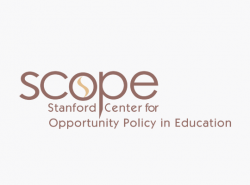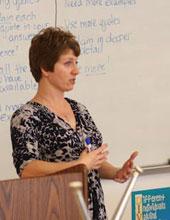Preparing School Leaders for a Changing World
This project examines eight exemplary pre- and in-service program models that address key issues in developing strong leaders.
This project examines eight exemplary pre- and in-service program models that address key issues in developing strong leaders.

In this speech, Parent, President of the Centrale des syndicats du Québec, looks at historic and modern trends in Canadian education policy, and their impact on equity in Canadian schools.

In this paper, Ben Levin argues that policy approaches to educational improvement are necessarily different in Canada and the United States, and that greater equity in education can be achieved using practices we already know to be effective.

Mary-Lou Donnelly examines equity in the Canadian education system, focusing on the roles that teachers and teacher organizations play in Canada's high-achieving schools.

Linda Darling-Hammond looks to the practices of high achieving nations and to successes in America's past to address current education policy and the disparities in opportunity for students in the U.S.

In this paper, Prudence Carter et al. argue that certain educational practices in the United States and South Africa converge to thwart integrationist goals.

Linda Darling-Hammond discusses the need to move beyond a collection of disparate and shifting reform initiatives in the U.S. to a thoughtful, well-organized and well-supported set of policies.
SCOPE and the Alliance for Excellent Education publish report on highly effective teacher and leadership development systems in Finland, Ontario, and Singapore.
In this Washington Post blog, Linda Darling-Hammond discusses discrepancies between educational strategies in United States and those employed by the world's educational leaders.

Linda Darling-Hammond and Robert Rothman look at three of the world's highest-performing education systems to determine how governments can better support teacher effectiveness.